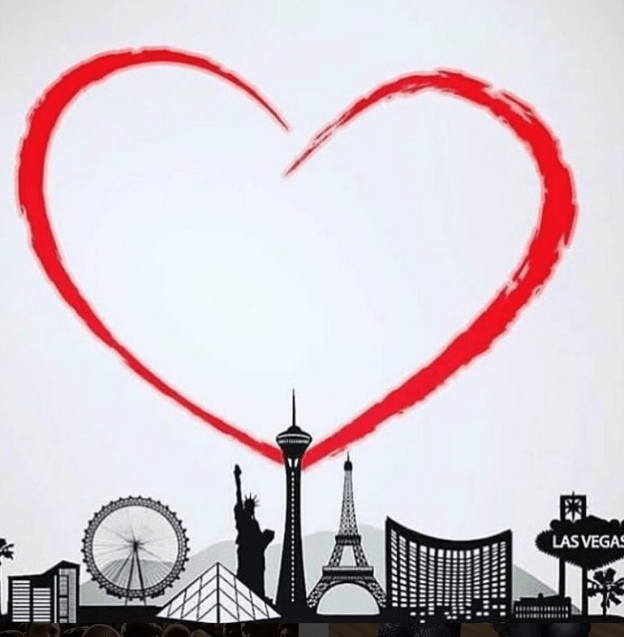
“Compassion Fatigue is a state experienced by those helping people in distress; it is an extreme state of tension and preoccupation with the suffering of those being helped to the degree that it can create a secondary traumatic stress for the helper.” Dr. Charles Figley
Recently, I was assigned to work as a Crisis Counselor after the Las Vegas shooting on Oct. 1, 2017. I had two hours to fly out to Vegas to do counseling for the following 10 days. At the time, my assignments were unclear and undecided, but I didn’t care. I just wanted to help. I ended up working many shifts in the local hospitals that had been inundated with victims from the shooting. Now most people automatically assume I was working with the victims that were shot, however, the victims I worked with were those with secondary trauma or with, what’s more commonly known as compassion fatigue. Who? These were the hospital staff that were working their shifts the night of the tragedy and those that were called in to assist thereafter. These were the employees who worked so hard to save lives and comfort those with fear, injuries, and no way to contact their families and loved ones. Those in healthcare professions are very familiar with blood, trauma and death. But no one, and I mean no one, is prepared to see more that 56 gunshot wounds come in at once. Nor can one imagine seeing that amount of blood throughout ER and the other departments. No one can anticipate the helplessness they felt despite giving their all to the patients. I had to help some of the hospital staff with these common symptoms of secondary trauma:
· Questioning your basic beliefs about the world, safety, trust, justice and most of all WHY?
· Increased awareness of the vulnerability and fragility of life
· Feeling a sense of powerlessness from the survivors, and feeling guilt that they did not do enough
· Difficulty making decisions, fogginess and confusion
· Taking too much responsibility upon oneself with extremely high and unrealistic self-expectations
· Loss of sleep, appetite, energy, and sadness/grief
· Flashbacks of the patient’s that they worked with; perseveration of what happened to the patient and/or their families
Now I know most of you are thinking, “I never thought about that side of the tragedy.” That’s the most common reaction I’ve had when sharing my experiences. What was most eye opening to me was the impact this had on the hospital staff that aren’t typically exposed or trained to work with patients directly. From the housekeeping staff to the accounting department, this shook them up in their place of work. My job was to help them with self-care, educating them on their symptoms, normalizing their reactions to the trauma, and giving them coping skills to function more easily at home and at work. I, too, have been impacted by all this. I am in awe by the phenomenal compassion and strength of the hospital staff and first responders. And I’m especially struck by the resilience of the community of Las Vegas!
Marilyn Viera, LCSW, Critical Incident Responder and Psychotherapist in Mission Viejo, CA marilyn@marilynviera.com